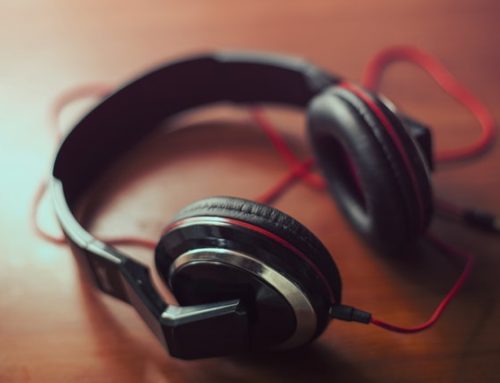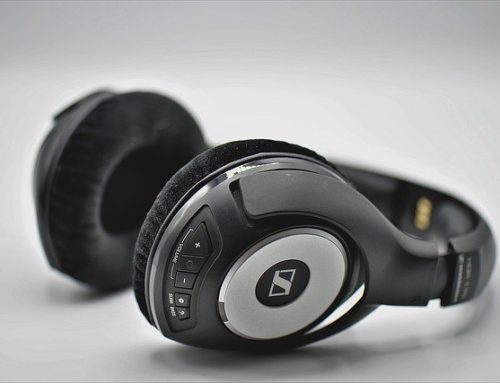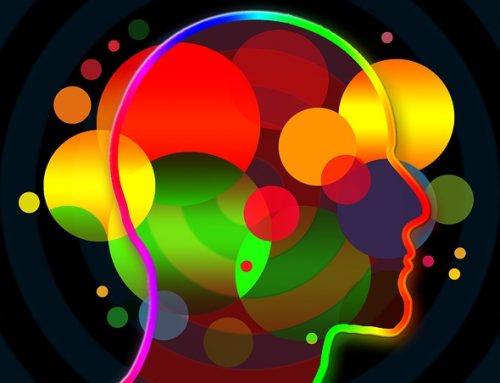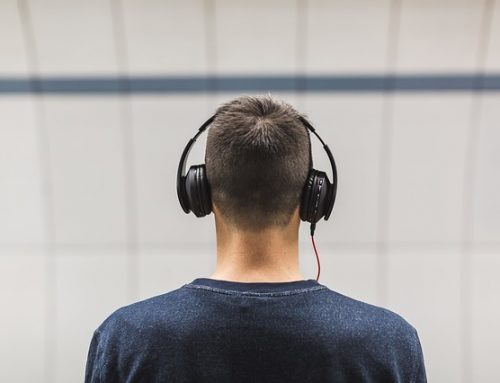Misophonia, meaning “hatred of sounds,” describes a mysterious illness in which some people feel extreme anger, anxiety, and even panic attacks upon hearing normally harmless sounds.
Sounds that trigger this irritation can be:
 slurping, sniffing, humming, chewing
slurping, sniffing, humming, chewing- knuckle cracking
- gum snapping
- breathing
- clicking, as from a keyboard
- rustling papers
- ticking clocks
- plastic breaking or crinkling
- dishes clattering
- idling cars or turn signal clicks
- muffled bass music or overly loud radio and TVs
- heavy equipment sounds
- animal noises
- babies crying or kids yelling
Treatment approaches have to not only take into account the physical but also the psychological impact on sufferers. There are serious problems to overcome.
Serious Problems for Sufferers
Besides symptoms of anxiety, fear, and anger, the affliction interferes with family life, work, and normal activities. The sound of fingernails on a blackboard is mild in comparison to what a misophonia sufferer feels.
The emotional reaction to a hated sound is so strong that they may lash out or isolate themselves to reduce the physical symptoms related to the trigger sounds, like headaches, tightening jaw, and stomach issues. The sound of someone munching peanuts could cause a panic attack. Sometimes the sufferer spontaneously mimics the sound he hears, and that can cause problems with others.
At times, people who don’t understand misophonia mock sufferers or deliberately exaggerate the sounds. Or, family and friends may minimize the problem with words like, “ignore it,” or “get over it.”
How the Brain Processes Sound and Bad Memories
Researchers believe misophonia is connected to the way the brain processes the recall of memories of bad experiences. One study found that, in misophonia sufferers, connections between the part of the brain that processes emotions and the parts involved in recalling past experiences are different from those connections in normal brains.
No Simple Solution
There is no FDA-approved medication for misophonia. Also, no single specific behavioral or device-based treatment approaches have been tested enough to be proven efficacious. Doctors may prescribe medications developed for other problems that they believe can help, but such medications are experimental.
Management and Treatment Approaches
Though there is no cure, there are some effective management approaches. These involve physiological methods, psychological methods, and a combination of the two.
One of the most used treatment approach for misophonia is retraining therapy, using white noise. This helps while the sufferer wears the units, but it doesn’t eradicate the symptoms.
Additionally, counseling therapies, psychotherapy, mindfulness, and other psychological methods may also help some misophonia sufferers.
Other therapies which some have found helpful, but which have little research to back them up, as of yet, are neurobiofeedback, hypnotherapy, behavioral science, and exercise.
Borrowing Treatments From Similar Disorders
Treatment approaches for similar disorders may be helpful.
For example, tinnitus retraining therapy (TRT), a treatment for tinnitus that teaches people how to improve one’s tolerance for specific noises. Cognitive behavioral therapy (CBT) works to change negative thoughts. And also used at times are desensitization techniques and deconditioning.
Another treatment approach to consider is the Tomatis Method, a listening program that stimulates the brain to help it analyze what it hears in an optimized, more balanced way. This is an educational training program that uses technology to improve how the patient processes, distinguishes, and responds to sounds.
Professionals Who Can Help Misophonia Sufferers
- Listening and Movement Learning Professionals – Not being able to process sound and listen well leads to learning and developmental disorders. Listening learning programs help people learn to listen effectively.
- Audiologists – These professionals can determine whether a patient has misophonia or another audiological issue. They can also fit earplugs and supply white noise to mask problem noises.
- Psychologists – Therapists can evaluate behavior and mental processes. One familiar with misophonia can develop a plan to reduce stress and cope with symptoms.
- Psychiatrists – Although misophonia is not a psychiatric condition, mental health professionals can prescribe medication to address symptoms like insomnia, anxiety, rage, and depression.
Though there’s no cure and more research on various treatment approaches is needed, there are therapies that can help sufferers manage misophonia. If you are suffering from the symptoms of this mysterious illness, reach out for help. You are not alone.





